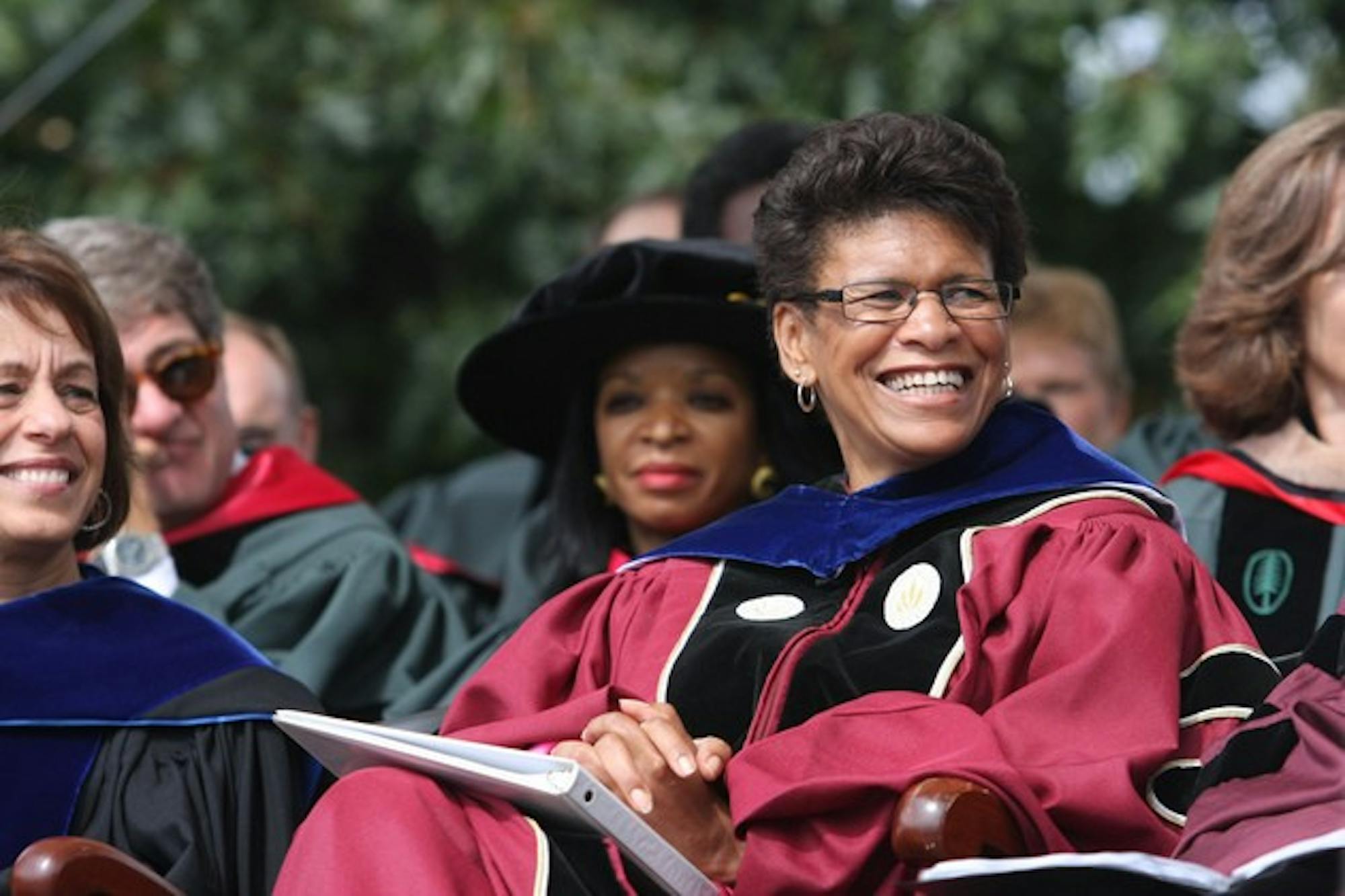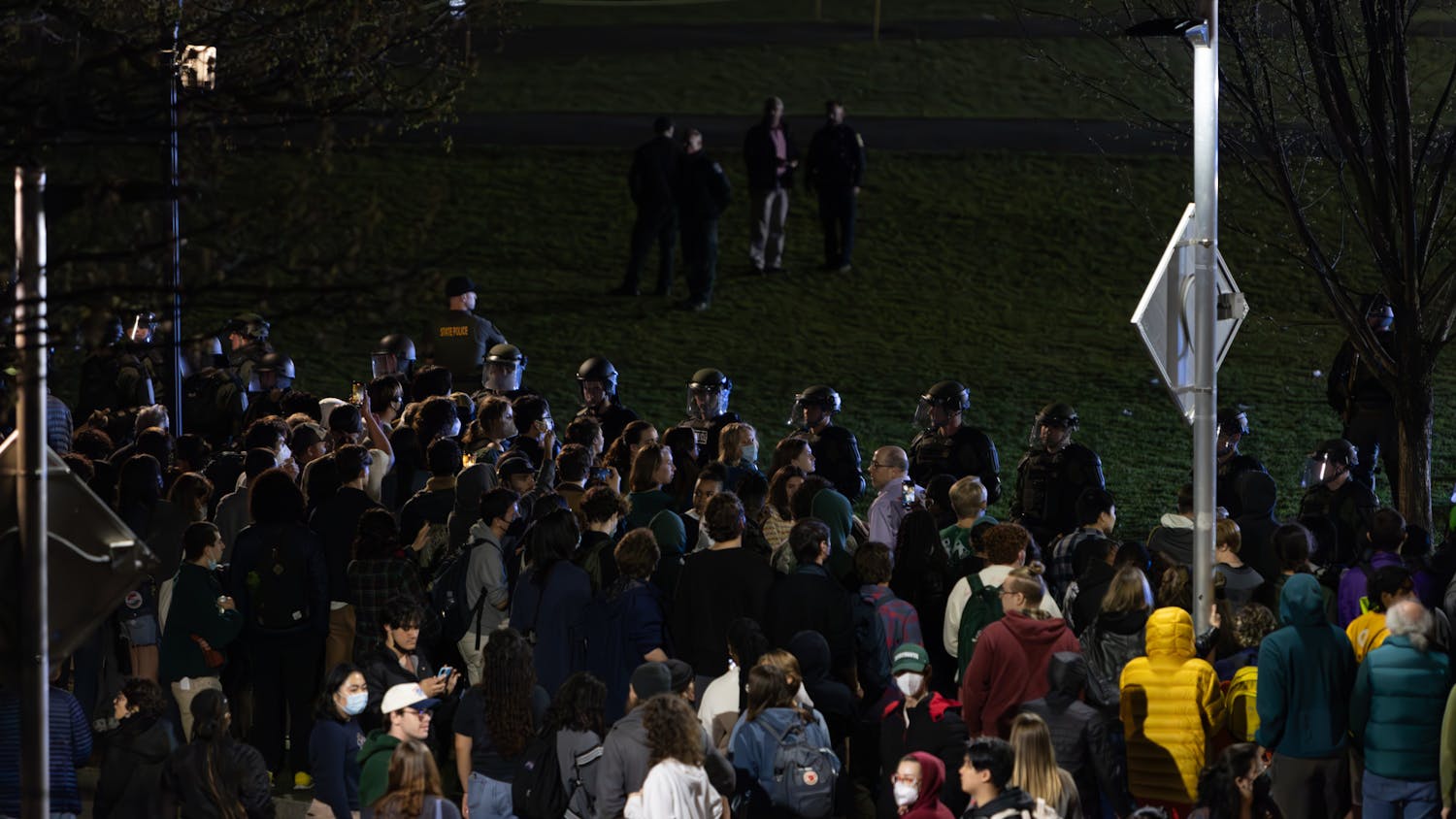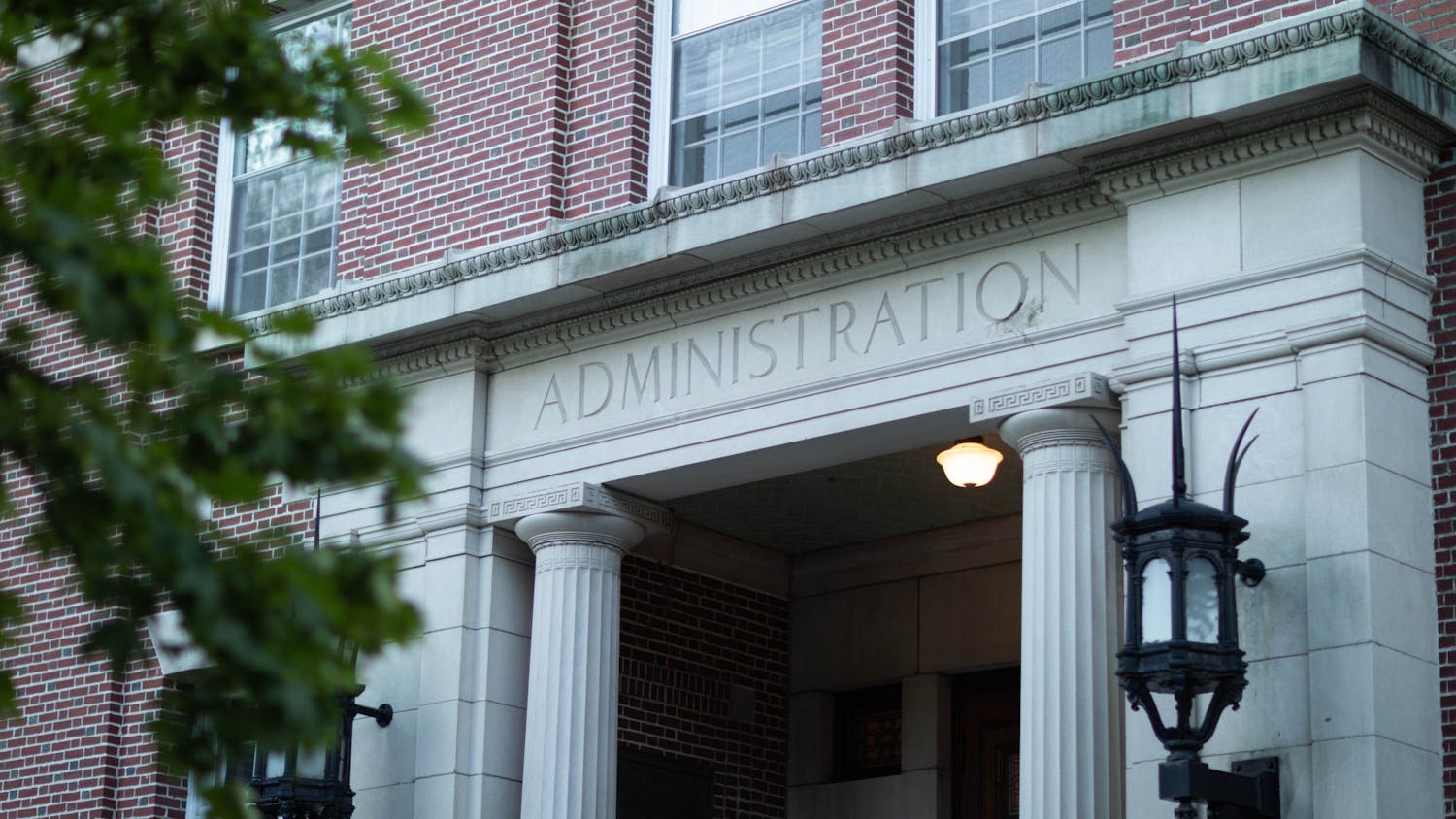The creation of an advisory board was one of the primary recommendations made to the administration by the task force, which operated from January to June of last year, according to Spears.
"The advisory board is a continuation of the increased progress being made on these issues," Spears said in an interview with The Dartmouth. "It will create a more permanent structure to provide opportunities for regular, focused dialogue."
The new board will meet with the Dean of the College each term to discuss issues of sexual and physical assault on campus, she said.
The board will consist of nine students selected by Student Assembly's Membership and Internal Affairs Committee and reviewed by Spears. Applications for the advisory board will be e-mailed to the student body Friday and must be completed by Jan. 29.
If accepted, students will hold their positions on the board until they graduate, according to Alexandra Schindler '10, a member of the task force who will serve as chair of the new board. Schindler, who was appointed Spears' student fellow for the year, is also co-director of Mentors Against Violence, a student group that sponsors discussions in an effort to prevent sexual and physical violence on campus.
Spears said she hopes that the board will convene by the end of February. The board will be similar in structure and operation to the Social Events Management Procedures Advisory Board formed last fall, according to Spears.
"The board will be an ongoing group that remains a part of campus dialogue on these issues from year to year," Special Assistant to the Dean of the College Katherine Burke said in an interview with The Dartmouth.
Burke, who served as the chair of the task force, spent last Winter term engaging leaders of student organizations in group discussions about the social scene and the issue of sexual assault on campus.
"We received common feedback from students that there needs to be increased communication on campus," Burke said. "Many students said that campus administration only addresses issues when there is a crisis or in response to incidents."
A survey on sexual assault e-mailed to 800 students received a limited rate of return, according to Burke. Only about 4 percent of the students contacted ultimately participated in the survey. Students on campus seemed to prefer group discussions to the less personal survey process, she said.
Schindler attributed the low response rate to the time of year the survey was circulated, suggesting the survey request was one of several sent to students during the spring. The personal nature of the issue may also have discouraged some students from responding in surveys, she said.
Because group discussions tended to be more successful, members of the task force hoped that having a permanent group present to participate in campus dialogue on sexual assault would be an asset, according to Burke.
The task force worked to assess the issue of sexual assault on campus and compile recommendations from the community, with the aim of decreasing the incidence of assault at the College, Schindler said.
Schindler said that the new advisory board intends to expand the role of education and prevention programs on campus.
"We want to establish the expectation that every student would go through a MAV program at some time in their career," she said.
The board will also focus on developing such programs for first-year orientation in an effort to educate incoming students about sexual violence, Schindler said.
"[Sexual assault] is a problem that happens here, and it's important that the administration and the student body work together to alleviate this problem and to create an environment where sexual assault is not an issue," Schindler said.




